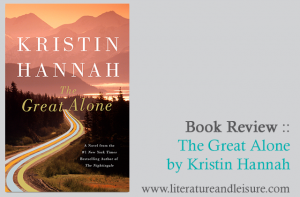 I had such high hopes. I’ve been reading Kristin Hannah for a long time – or maybe I should say, I’ve been listening to her for a long time. Historically, her books have fallen into the category of books that I’m willing to spend the time listening to (since I have a long commute), but I won’t invest the time to physically read. Lighter fiction, chick-lit sorta, but not literary fiction. With The Nightingale, I felt like Hannah made that leap from contemporary fiction to literary fiction. Her latest – The Great Alone – has received a ton of praise (you’ll be hard pressed to find a review that isn’t glowing), and so I was optimistic. But I think she’s stepped back with this one.
I had such high hopes. I’ve been reading Kristin Hannah for a long time – or maybe I should say, I’ve been listening to her for a long time. Historically, her books have fallen into the category of books that I’m willing to spend the time listening to (since I have a long commute), but I won’t invest the time to physically read. Lighter fiction, chick-lit sorta, but not literary fiction. With The Nightingale, I felt like Hannah made that leap from contemporary fiction to literary fiction. Her latest – The Great Alone – has received a ton of praise (you’ll be hard pressed to find a review that isn’t glowing), and so I was optimistic. But I think she’s stepped back with this one.
Synopsis of The Great Alone
First, a little bit about the book. It is the story of Leni Albright, who’s Vietnam POW father moves her and her mother (Cora) to the Alaskan wilderness. They are completely unprepared, and in addition, as is somewhat tritely stated along the way, the dangers inside the house, by way of her abusive father, become to feel way more risky than those outside. The father character reminded me some of Pat Conroy’s depiction of his own father in The Great Santini, completely without merit. There is some attempt to create sympathy for him due to his undiagnosed or treated PTSD, but for me that didn’t land. (Her allusions to his erratic behavior pre-war in parts with Cora’s parents unwound any progress she made on this front.) Quite frankly, I was about ten percent in before I was rooting for the bear that was touted as the ever-present danger to come and relieve me of Ernt Albright. (Spoiler – it didn’t happen. :-()
On Leni’s first day of school, she meets a boy that is the perfect friend, and it is no great leap that he’s going to be the love interest. And he is. Leni’s father begins a feud with her boyfriend’s father over the idea of “progress” for their off-the-grid community, and so dilemmas and conflict ensue. I’ll stop there to make this a spoiler-free review.
My Thoughts on The Great Alone
Before you think I hated this book, I didn’t. I liked it. But I only liked it. First, and to some extent I don’t even fault Hannah, this is another example of a contemporary novel that is suffering from bad editing. You may think that using the same metaphor (for example, the some element of the Alaskan wilderness was like a fairy tale) is the fault of the author, but I think that those types of errors should be edited out by someone who is looking out for their client. This particular metaphor is used three times in the first five chapters. Also, the winter scene is described as “white on white” multiple times. The stairs “zig-zag” multiple times. The same dialogue is used by multiple characters, which is fine if it is acknowledged appropriately.
There are two other things that irritated me. First, it has too many narrative lines. Typically, a novel has a primary narrative plot and a handful of others that support and tie in. This one seems to have at least three equally weighted plots – the one around Leni’s abusive father, one around the Leni and her mother’s relationship and finally the relationship between Leni and Matthew (the love interest). But none of these go from beginning to end as a main narrative plot should. There could even be an argument for a fourth one – Leni’s relationship with the setting – that in some ways supersedes the other three. Finally, and this is a lesser one, I’m not sure Hannah executed the third person omniscient view point very well. At times, it was pretty clunky and got in the way.
Buy it or Bail?
All that said, I think Hannah is writing about some important issues, and perhaps this novel will increase those conversations: the incredible need – particularly among veterans – for better mental health support, and, the need for better resources for battered women and their children. If for no other reason than this, it is a worthwhile read that will be entertaining along the way.

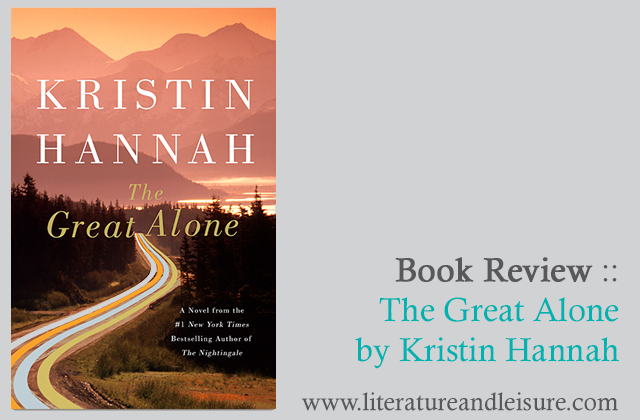
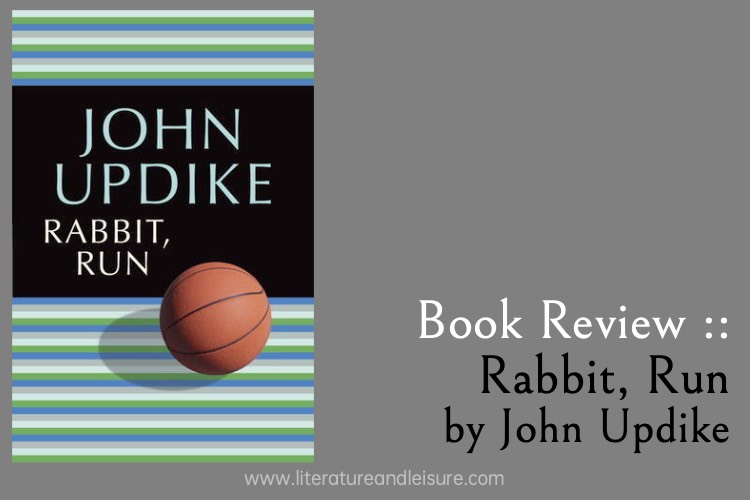
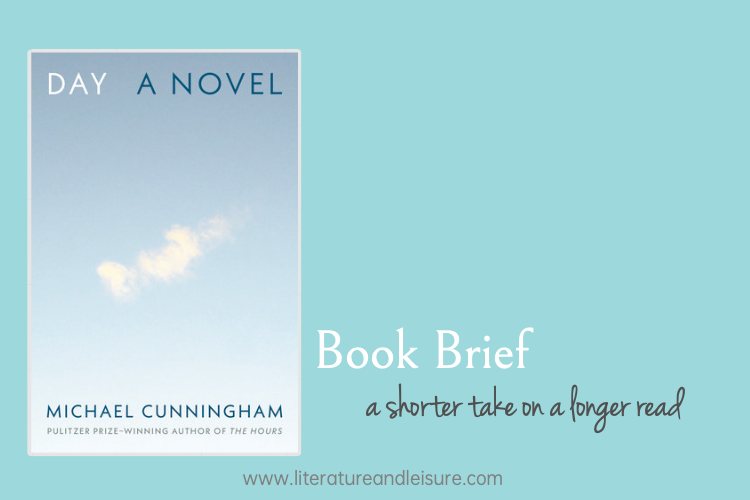
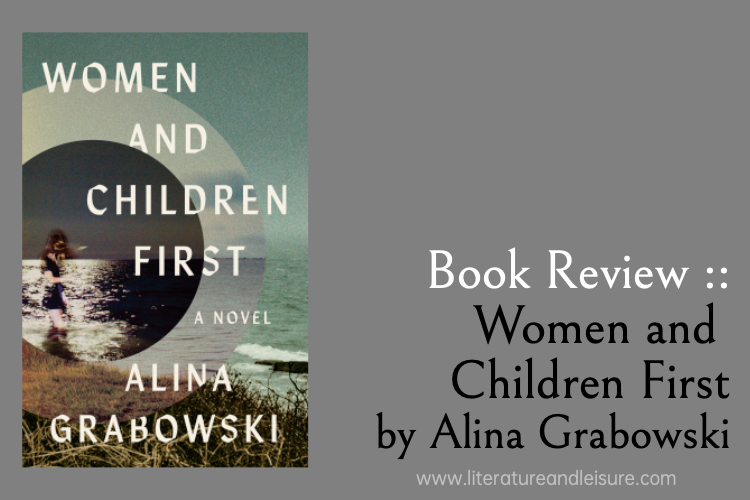
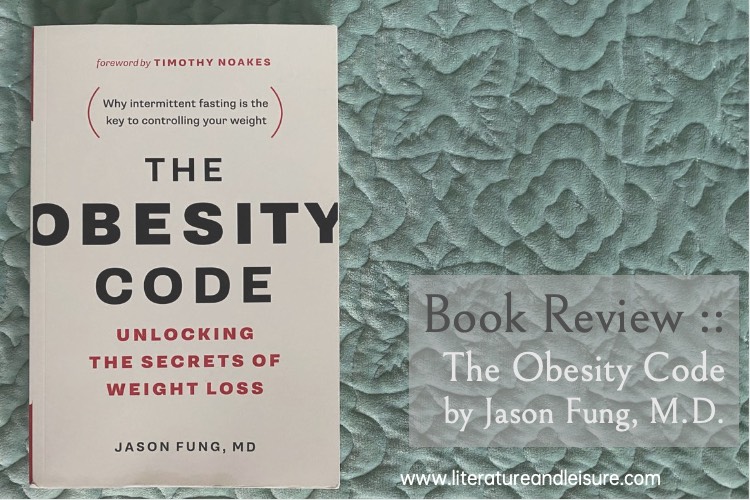
I’ve only read NIGHTINGALE, loved it, heard her others were not nearly as captivating, and then forced it on my husband who was quick to point out writing flaws. Which upon better reflection, I totally agreed with. I found your review to be very interesting and probably more truthful than others. Thanks!
Thank you, Ann! It can feel weird to give constructive criticism, so I’m glad the review resonated with you.